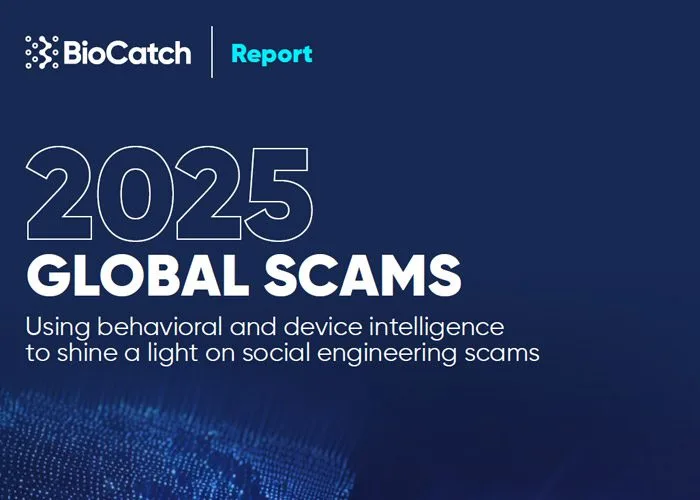auDA has award $2.5 million over three years (2025-2028) for a research and development (R&D) grant to fund two projects to safeguard the encryption used by the Domain Name System (DNS) against the threat of quantum computing, and reduce the impact of scams among people with cognitive disability.
The two projects were selected from a competitive application process and each impressed the assessment panel with their innovative, multi-stakeholder approach to improving how people access and benefit from the internet. The projects are:
Safe transition to a quantum-safe DNS
Increasing computational power made possible by quantum computers requires new encryption approaches to support the continued resilience of the global DNS.
Led by Deakin University, in partnership with CSIRO-Data61 and QuintessenceLabs this project seeks to identify, implement and evaluate modifications to the encryption used in Domain Name System Security Extensions (DNSSEC), aiding the transition to a quantum-safe DNS while maintaining operational reliability.
Enhancing digital inclusion through strengthening vulnerable Australians’ resilience to cyberscams
Monash University together with the National Anti-Scam Centre, Westpac, QUT, Brain Injury Matters and disability consumers will develop prevention and support strategies and resources to help people with cognitive disability, such as brain injury, intellectual disability, or dementia avoid and recover from online scams.
The project will strengthen frontline responses for cyberscam victims, conduct a national trial of a co-designed support program for victims, and distribute free education material nationwide, empowering people with disability to participate more securely online.
auDA will contribute $1.047 million to Deakin University’s Safe transition to a quantum-safe DNS project and $1.5 million to Monash University’s Enhancing digital inclusion project, delivered over three years.
auDA Chair, Alan Cameron AO said, “auDA’s Research and Development Program focuses on making a positive impact for internet users by strengthening the DNS and digital inclusion, and supporting internet governance. auDA is pleased to support Deakin, Monash and their research partners to boost the security of the DNS, and help protect vulnerable Australians affected by cyberscams.”
auDA CEO Bruce Tonkin said, “The two auDA supported R&D projects will make a direct and meaningful contribution to the future security and stability of the DNS and support vulnerable Australians to recover from and protect themselves from online scams. I congratulate the research teams in their successful applications and look forward to the immense benefit these projects will bring to Australians.”
Deakin University Chief Investigator Professor Robin Doss said, “We acknowledge the support from auDA, which will enable us to proactively address the critical challenge of strengthening the resilience of the Domain Name System Security Extensions (DNNSEC) against quantum threats – providing greater confidence in the trustworthiness of the global Internet for industry, business, and the broader community.”
Monash University Chief Investigator Dr Kate Gould said, “Scams have significant financial, emotional and social impacts on Australians. Anyone can be scammed, but people with cognitive disabilities are particularly vulnerable. Funding from auDA will enable leading research to enhance Australia’s prevention, disruption and response to scams, ensuring safer internet participation.”
The inaugural grant round of auDA’s R&D Program was announced in August 2024. The Program is part of auDA’s Public Benefit Program, designed to unlock positive social and economic value for Australians from the internet. Since 2006 auDA has supported research and innovation, funding over 185 community projects that contribute to improving the utility of the internet for all Australians.



